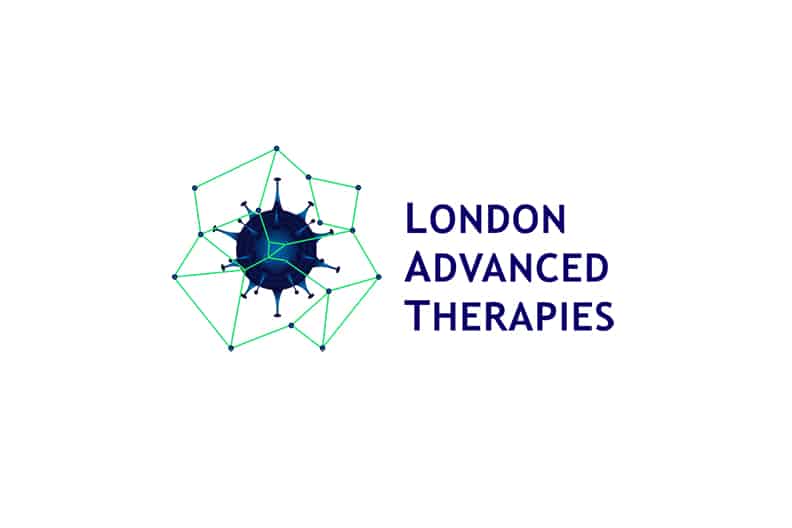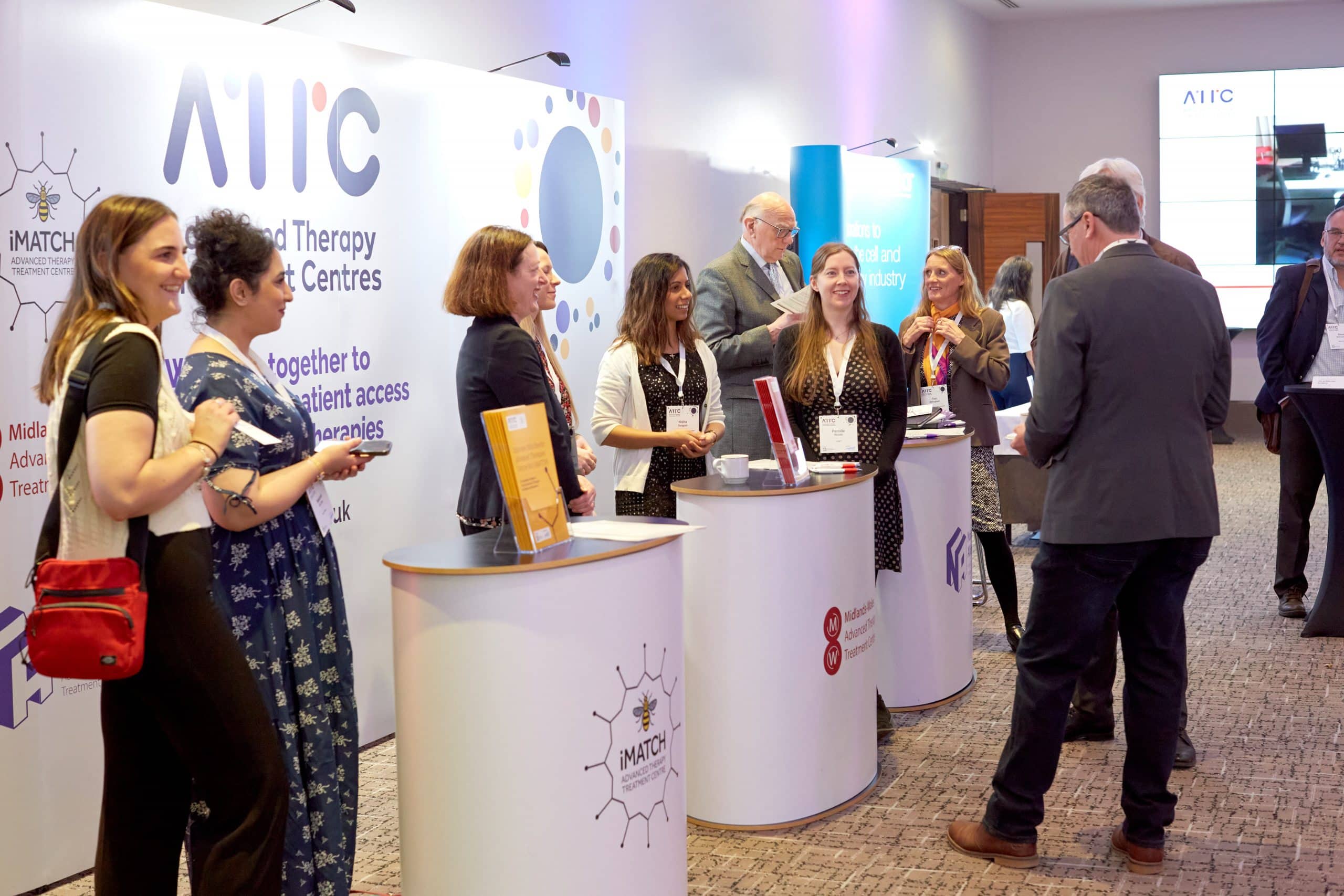First patient in UK treated with pioneering new gene therapy designed for Gaucher disease.
The first patient in the UK has been treated with a pioneering new investigational gene therapy designed to treat the debilitating genetic disorder Gaucher disease.
Experts at Northern Care Alliance NHS Foundation Trust (NCA) say the research study is a major milestone for the inherited condition. They hope that the one-off treatment could stop disease progression, improve outcomes, and free people from lifelong treatment.
Gaucher disease is caused by a mutation in the GBA1 gene that results in abnormally low levels of glucocerebrosidase (GCase), an enzyme needed to metabolize a certain type of lipid. Lipids are fatty compounds that are part of cell membranes and help with moving and storing energy, absorbing vitamins and making hormones.
As a result of the disease, harmful substances build up in cells that then accumulate in various organs including the liver, spleen, bones and lungs. Despite existing treatments, many people with Gaucher disease continue to experience symptoms and disease progression.
The GALILEO-1 study now taking place at NCA and other sites is evaluating study sponsor Freeline Therapeutics Limited’s adeno-associated virus (AAV) gene therapy candidate FLT201. It works by using a virus – which has been modified to remove its ability to cause infectious disease – as a vehicle to carry therapeutic genes into human cells.
The patient who is being treated at the http://National Institute for Health and Care Research | NIHR Manchester Clinical Research Facility (CRF) at Salford Royal Hospital is only the third person in the world to receive the investigational therapy.
Metabolic medicine Consultant Dr Reena Sharma is leading the study at Salford, which has one of just five adult specialist Adult Inherited Metabolic Disorder centres in England. She said:
“While existing treatments can have a significant impact, many patients continue to experience symptoms and current therapies come with a heavy lifelong treatment burden. People with Gaucher disease deserve better treatment options. We are delighted to have been able to offer our patient this one-time investigational gene therapy, which is a truly ground-breaking approach.
“Getting to this point has involved many months of dedicated work and planning from many teams and individuals within NCA – including pharmacy, aseptics, porters, the metabolic medicine research delivery team, research management and the Early Phase and Gene Therapy committee. We are very proud of their work and grateful to everyone involved.
“We also had advice and preparatory support from the http://Home • ATTC Network – Advanced Therapy Treatment Centre (theattcnetwork.co.uk) and Innovate Manchester Advanced Therapy Centre Hub (iMATCH), a Manchester-based consortium focused on improving access to advanced therapies.”
Professor Steve Woby, Managing Director of Research & Innovation, said:
“This trial represents a significant breakthrough for NCA and highlights our unwavering commitment to providing world-leading research opportunities for our patients. Introducing gene therapy trials was a major part of our ambitious five-year R&I Strategy and we are absolutely delighted to have achieved this important milestone.”
Salford’s metabolic medicine research team will continue to oversee and monitor the patient over the next five years.
Study sponsor Freeline recently reported positive initial safety, tolerability and enzyme activity data from the first two patients treated in the study. Both patients have successfully come off their prior therapies. Read more on the Freeline website.


